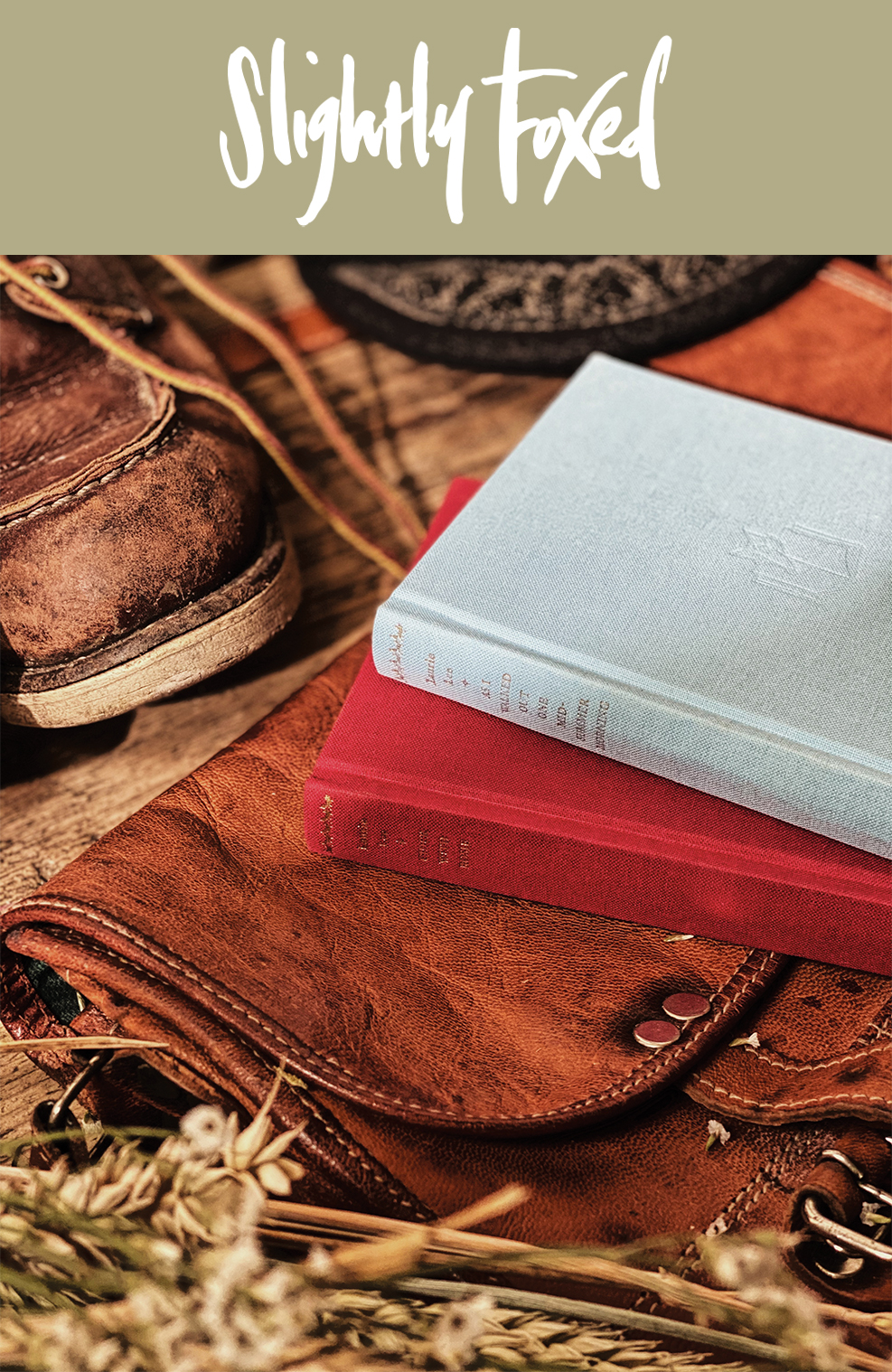Laurie Lee described this, his best-loved and best-known book, as ‘a recollection of early boyhood’, adding the acknowledgement that ‘some facts may have been distorted by time’. Whether or not they have, as one critic put it, ‘Cider with Rosie seems true as long as you’re reading it – and that’s the most important thing.’
Lee was born in Stroud in 1914 and in 1917 the family moved to a damp and crumbling cottage in the remote Cotswold village of Slad. When the First World War was over Laurie’s father abandoned his wife and children and life was hard, but for Laurie his warm hugger-mugger home and the village with its familiar characters and unchanging round were full of wonder. He writes ecstatically of going blackberrying in summer, and skating and carol singing in icy Christmas weather when it hurt to breathe and the air was ‘like needles’. Yet he acknowledges that village life could be brutal too. Cider with Rosie is not just a rosy picture of a rural past, but a magical evocation of growing up in a lost world that still rings emotionally true.
For those of you who wish to follow Laurie beyond his childhood in Slad, we have also reissued his second memoir, As I Walked Out One Midsummer Morning. It recounts a year of wandering with only his violin for company, beginning in 1935 when he was 19. His adventures eventually took him to mainland Europe and down through Spain, a country which was on the brink of a bitter civil war. His romantic dreams of travel ended somewhat ignominiously, but it inspired Lee to produce this brilliant and darkly haunting account of a vanished Spain, and document his return to fight on the Republican side not long after in A Moment of War.
We’ll leave you with an extract from Kate Young’s preface to our edition of Cider with Rosie, as well as a whole host of reading recommendations from the Slightly Foxed bookshelves and beyond. Happy weekend and, of course, happy reading.
With best wishes, as ever, from the SF office staff
Hattie, Jess & Jemima





